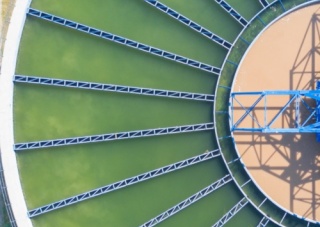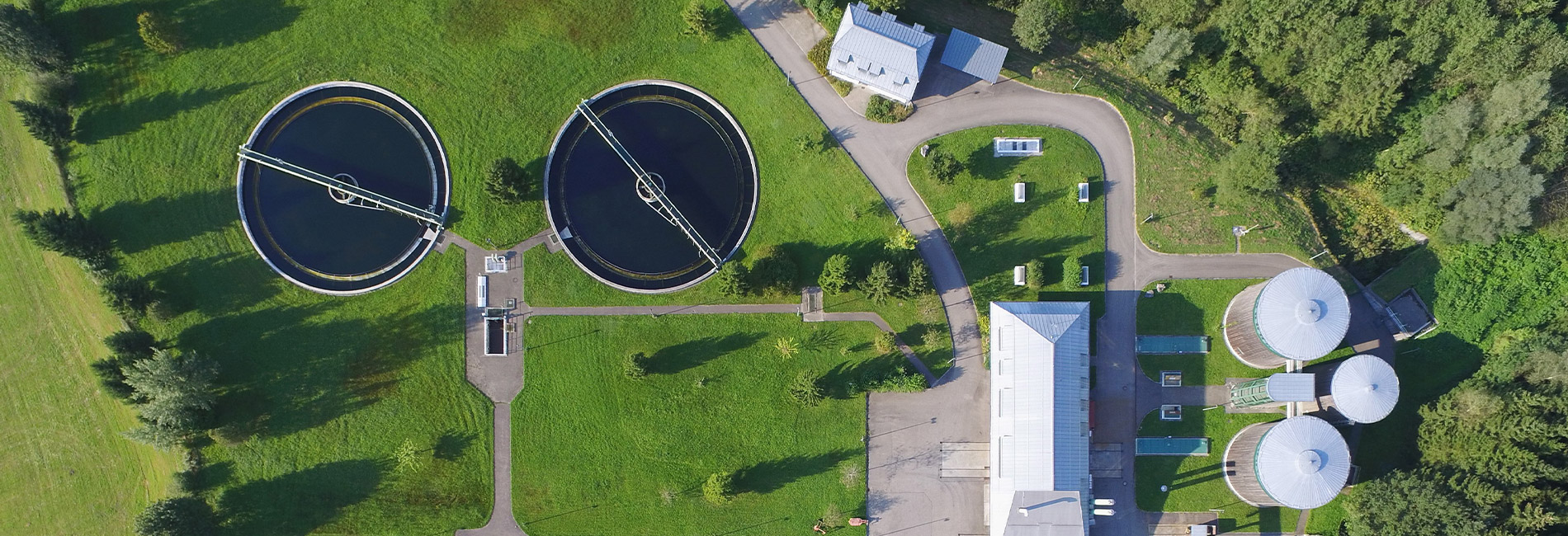

03-03-2022
Progress made on North Macedonia’s largest environmental project
On 1 March, a key step in the implementation of the €136 million EU-supported project was made with the announ...

The Western Balkans faces a common set of environmental challenges, as the land use is changing. People move to cities and coastal regions resulting in the loss of coastal habitats and increasing urban sprawl. Pollution, especially air pollution, in urban and industrial areas, in addition to the discharge of wastewater, are taking a toll on human health and the environment. Municipal authorities in towns and cities are struggling to manage the situation.
At the same time, the region has unique habitats, home to remarkable biodiversity, which need to be protected and conserved. To improve the situation, sustainable and reliable ways of managing water supply, wastewater and waste disposal are crucial and have a strong impact on environmental protection, citizens’ health, and tourism in the region. Given the EU perspective of the region, EU targets, including to reduce greenhouse gas emissions by at least 55 % by 2030, must frame the systemic modernisation of the region and its future growth.
03-03-2022
On 1 March, a key step in the implementation of the €136 million EU-supported project was made with the announ...
02-03-2022
The European Bank for Reconstruction and Development (EBRD) welcomed on Monday 28 February, the heads of gover...
25-02-2022
Today, the European Commission has unveiled a substantial €3.2 billion investment package to support 21 transp...
The European Green Deal is underpinned by policies designed to develop modern, resource-efficient and competitive economies where growth is decoupled from emissions of greenhouse gases, resource use and waste generation, where climate resilience is pursued. The Green Deal can only be fully effective if the EU’s immediate neighbourhood also takes action at an early stage. This is all the more valid for the Western Balkans given their European perspective.
The Commission is therefore presenting a Green Agenda for the Western Balkans. Economic growth and new business opportunities will be linked to more sustainable consumption and production patterns, including promotion of a circular economy, conservation of scarce resources, and better re-use of waste products, linked to all economic sectors, including urban and rural perspectives, and building on ecosystem sustainability as a precondition for success.
In the environment sector, the Economic and Investment Plan foresees the Flagship 7 - Waste and Wastewater Management.
Read MoreLinked to more sustainable consumption and production patterns, including promotion of a circular economy.
EU support to the Western Balkans in implementing the partners’ strategies and plans.
Moving all sectors of the economy towards sustainability, whether in energy, mobility, or agriculture.
Create new business models that allow industry to be more productive decarbonised.
Establish the recycling and reuse as the rule while the use of natural resources is significantly reduced.
Restoration of the natural capital and efficient waste collection systems to prevent the environmental pollution.
2009 - 2022
2023 - 2031
 GREEN AGENDA
GREEN AGENDAThe Green Agenda for the Western Balkans builds on the ambitious goal of making Europe the first climate-neutral continent by 2050. It is embedded in the Economic and Investment Plan, which has a transformative potential to spur the long-term recovery of the Western Balkans and their economic convergence with the EU, backed by a twin green and digital transition.
Read More
15-04-2024
WBIF Bilateral Donors factsheet (last updated in April 2024).
15-04-2024
WBIF Environment and Climate Factsheet (April 2024)
04-04-2023
Project Fiche for IPF8 subproject – Continuation of Procurement Assistance for the Flood Risk Management Proje...





